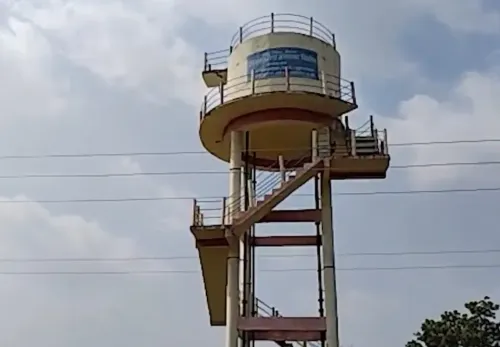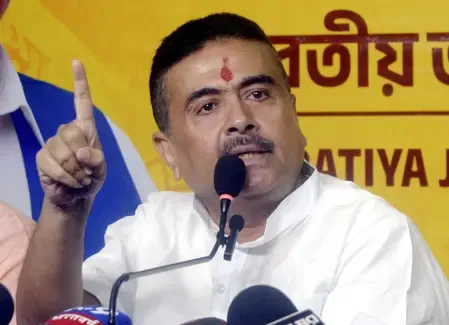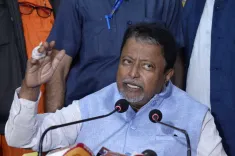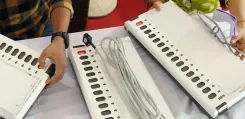Delhi Blast: Why Have Over 36 Individuals Been Questioned in Kashmir?
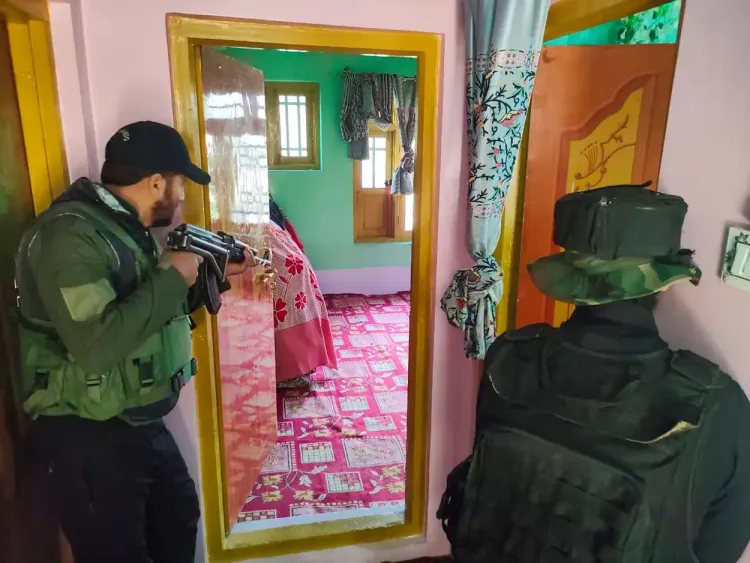
Synopsis
Key Takeaways
- Over 36 individuals detained for questioning in connection with the Delhi blast.
- New checkposts have been established across the Kashmir Valley.
- The J&K Police are focusing on uncovering white collar terror modules.
- Concerns over professionals with past terror links securing jobs outside J&K.
- Local political parties are critical of the government's stringent measures.
Srinagar, Nov 13 (NationPress) Following the recent terror blast in Delhi, authorities have ramped up their efforts in the Kashmir Valley, leading to the detention of more than three dozen individuals for questioning by the J&K Police.
Reports indicate that several of those apprehended are government employees, with detentions occurring in areas such as Srinagar, Sopore, Baramulla, Anantnag, Kulgam, and Shopian.
In response to the situation, the Jammu and Kashmir Police have increased surveillance and established new checkposts, known as 'Nakas', throughout various districts.
The Counter-Intelligence Kashmir (CIK) division executed raids at 13 different locations earlier today as part of their investigation into the Delhi attack.
The emergence of a white collar terror module allegedly run by Kashmiri doctors has complicated anti-terror operations, highlighting the necessity for 'actionable intelligence' to effectively target individuals who appear to lead normal lives.
This situation mirrors the recent discovery of the Faridabad terror module, which was uncovered following the arrest of two individuals linked to terror groups. Their prolonged interrogation led to the arrest of Dr. Adil Rather from Qazigund, ultimately revealing the entire network.
It is concerning that some professionals, previously dismissed in Jammu and Kashmir for their links to terrorism, may have secured jobs outside the union territory without proper checks on their backgrounds.
The revelation that affluent professionals, such as doctors, are involved in terrorism has alarmed legitimate local professionals, raising fears of repercussions stemming from the actions of a few.
J&K Lieutenant Governor Manoj Sinha has pledged that no innocent individuals will face repercussions, while those with terror affiliations will be held accountable.
The discovery of the white collar terror module supports Lt. Governor Sinha's decision to terminate the employment of government officials found to have ties to terrorism.
Local political factions, including the ruling National Conference, have criticized the Lieutenant Governor's stringent measures against government employees with terror connections.

